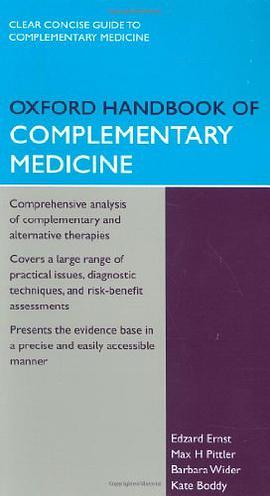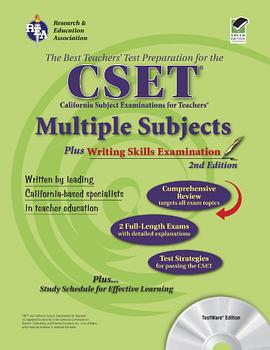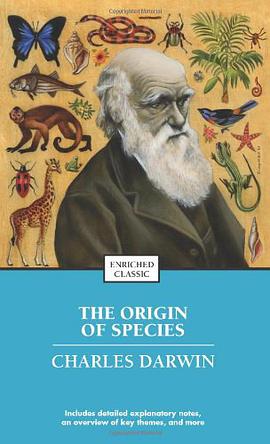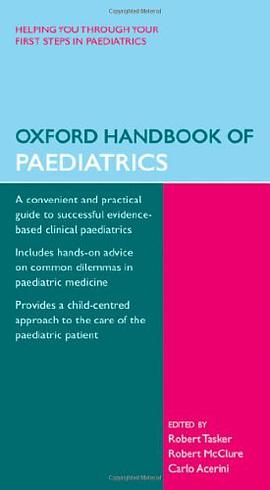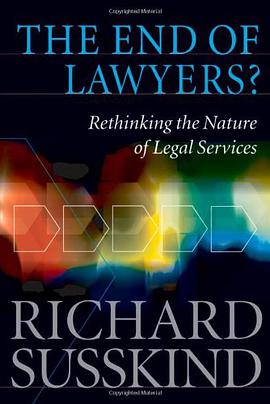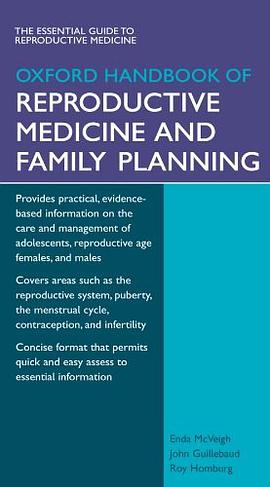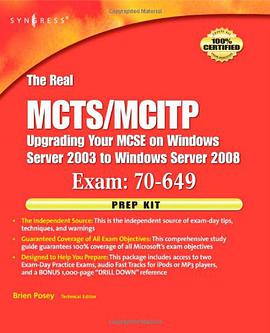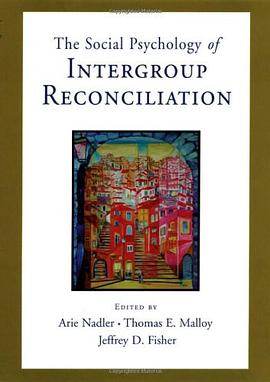

This book begins with an overview by Herbert Kelman, discussing reconciliation as distinct from related processes of conflict settlement and conflict resolution. Following that, the first section focuses on intergroup reconciliation as consisting of moving beyond feelings of guilt and victimisation (i.e. socio-emotional reconciliation). These processes include acceptance of responsibility for past wrongdoings and being forgiven in return. Such processes must occur on the background of restoring and maintaining feelings of esteem and respect for each of the parties. The chapters in the second section focus on processes through which parties learn to co-exist in a conflict free environment and trust each other (i.e. instrumental reconciliation). Such learning results from prolonged contact between adversarial groups under optimal conflictions. Chapters in this section highlight the critical role of identity related processes (e.g. common identity) and power equality in this context. The contributions in the third part apply the social-psychological insights discussed previously to an analysis of real world programs to bring reconciliation (e.g. Tutsis and Hutus in Rwanda, Israelis and Palestinians, and African societies plagued by the HIV epidemic and the Western aid donors). In a concluding chapter Morton Deutsch shares his insights on intergroup reconciliation that have accumulated in close to six decades of work on conflict and its resolution.
具體描述
讀後感
評分
評分
評分
評分
用戶評價
相關圖書
本站所有內容均為互聯網搜索引擎提供的公開搜索信息,本站不存儲任何數據與內容,任何內容與數據均與本站無關,如有需要請聯繫相關搜索引擎包括但不限於百度,google,bing,sogou 等
© 2025 qciss.net All Rights Reserved. 小哈圖書下載中心 版权所有




